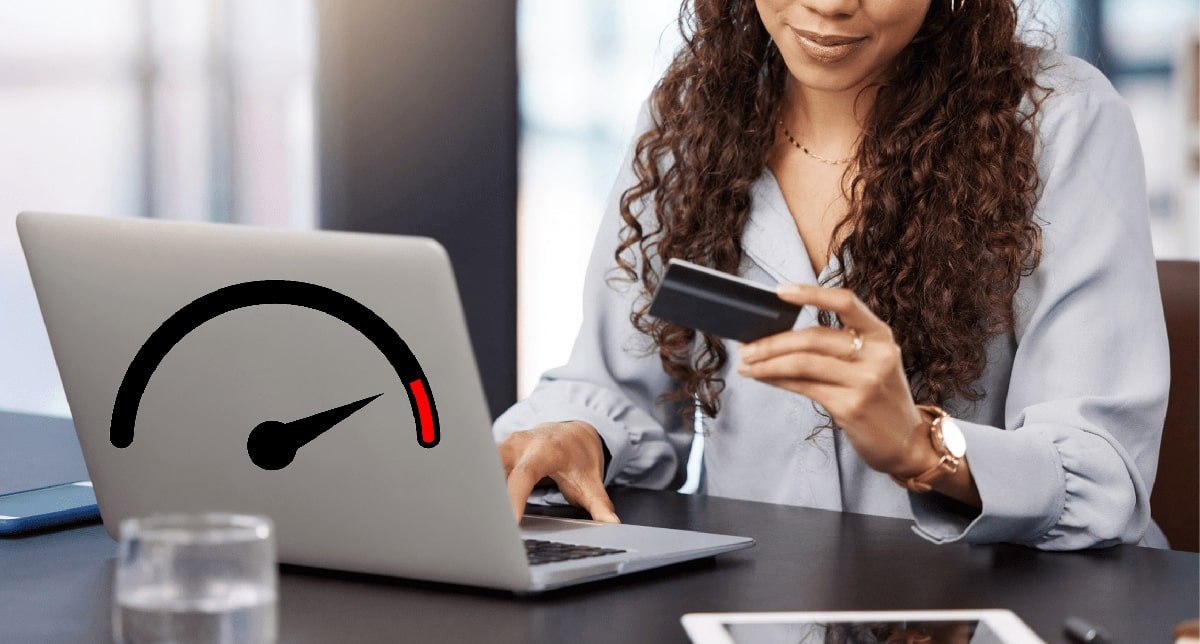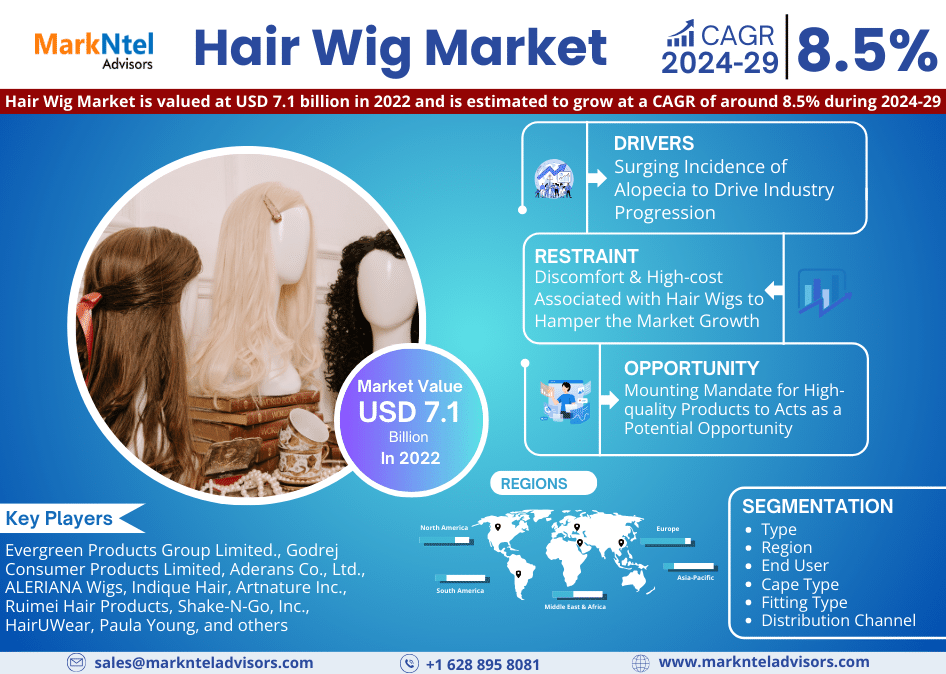In today’s fast-paced global economy, businesses in high-risk industries are constantly seeking efficient ways to manage payments and reduce operational risks. One of the most popular solutions for these businesses is an offshore merchant account. Whether you run an e-commerce store, offer services internationally, or belong to industries like online gaming, adult entertainment, or forex trading, an offshore merchant payment account offers unique advantages in terms of accessibility and flexibility. However, with these benefits comes one critical concern – security.
Security should be the top priority when selecting payment processing for high-risk businesses. In this article, we’ll explore why security is so vital, the potential risks associated with offshore accounts, and how you can protect your business by choosing the right provider. Read on.
The Rise of Offshore Merchant Payment Accounts for High-Risk Businesses
Offshore merchant payment accounts have become a go-to option for many high-risk businesses. The reason? Offshore accounts provide access to global markets and often come with more flexible terms and fewer regulatory hurdles compared to domestic accounts. For businesses that struggle to find payment solutions due to their high-risk status—whether due to their industry, high chargeback ratios, or regional regulations—offshore merchant payment accounts offer a viable solution.
Additionally, according to a report by Global Payments Insight, the global payment processing market is set to reach $149.2 billion by 2027, driven by increased digitalization and global e-commerce growth. For businesses looking to expand internationally or cater to a broader audience, the need for flexible, global payment processing is more important than ever.
However, with increased global connectivity and cross-border payments come heightened risks. These risks underscore the need for high-risk businesses to prioritize security when setting up offshore payment processing solutions.
Why Security is Non-Negotiable in High-Risk Payment Processing?
1. Fraud and Cyber Threats Are on the Rise:
The digital landscape is fraught with cyber risks, and high-risk businesses are prime targets for fraudulent activities. According to a report by EMVCo, global card fraud losses reached $28.65 billion in 2020, with e-commerce and high-risk businesses being particularly vulnerable.
If your business handles sensitive customer data—such as payment details, personal identification information, or credit card numbers—ensuring that your payment processor has robust security measures in place is paramount. A breach in your offshore merchant payment account could lead to massive financial losses, reputational damage, and legal consequences.
2. High-Risk Industries Are Prone to Chargebacks:
Chargebacks are a constant issue for high-risk industries such as online gaming, forex trading, and adult entertainment. Chargeback fraud, also known as friendly fraud, occurs when a customer disputes a legitimate transaction, often leading to penalties for the business.
Offshore payment processing accounts are often targeted for such activities due to the complexity of international transactions. A secure offshore merchant payment account should provide reliable fraud detection and chargeback management tools to minimize these risks.
3. Compliance with International Regulations:
Different countries have varying regulations when it comes to payments and data protection. Businesses that fail to comply with international financial regulations risk hefty fines or even being blacklisted from processing transactions altogether.
For example, GDPR compliance is essential for businesses operating in Europe, while PCI DSS compliance is necessary for anyone handling cardholder data globally. When choosing an offshore merchant payment account provider, ensure they comply with these regulations to keep your business secure and compliant.
4. Protecting Sensitive Customer Data:
Offshore payment processing involves handling transactions across borders, making the protection of customer data even more critical. If your merchant account provider fails to offer strong encryption or secure data storage, it puts not only your customers at risk but also your entire business.
A secure offshore merchant payment processing solution should include robust encryption, tokenization, and two-factor authentication to protect customer data from hackers and data breaches.
Key Features to Look for in a Secure Offshore Merchant Payment Account
When prioritizing security for your offshore payment processing needs, there are certain features you should ensure your provider offers:
1. PCI DSS Compliance:
The Payment Card Industry Data Security Standard (PCI DSS) is a global security standard designed to protect cardholder data. Any legitimate payment processor should be PCI DSS compliant, ensuring that the systems they use to process payments are secure and adhere to the highest data protection standards.
2. Fraud Prevention Tools:
An offshore merchant account provider should offer comprehensive fraud detection tools, including real-time monitoring, advanced algorithms to flag suspicious transactions, and fraud screening technologies like 3D Secure. These tools help identify potentially fraudulent activities before they result in chargebacks or data breaches.
3. Encryption and Tokenization:
Encryption ensures that sensitive data, such as credit card numbers, is securely transmitted between customers and your business. Tokenization adds an extra layer of security by replacing sensitive card data with a unique identifier or “token,” which is useless to hackers if intercepted. These technologies are vital for any offshore payment processing service.
4. Chargeback Protection:
To mitigate chargebacks, especially in high-risk industries, your offshore merchant payment processing account provider must offer robust chargeback protection and dispute resolution services. This includes keeping a record of transactions, delivering timely notifications about disputes, and offering services that help prevent chargebacks from happening in the first place.
5. Multi-Currency and Multi-Country Support:
Offshore payment processing often involves dealing with multiple currencies and navigating the financial regulations of different countries. A good offshore merchant payment account provider should support multi-currency transactions and know local banking regulations to ensure smooth cross-border transactions.
How to Safeguard Your Business When Choosing an Offshore Merchant Payment Account
The best way to safeguard your business is by thoroughly vetting potential offshore payment processors. Here are some tips:
- Research the Provider’s Security Track Record: Look into the company’s history and any reported security breaches. Have they had data leaks or hacking incidents? Transparency in their security measures is a good sign that they are trustworthy.
- Look for Industry-Specific Expertise: If you operate in a high-risk industry, your provider should have extensive experience in handling payments for similar businesses. This includes knowledge of chargeback management, fraud prevention, and global compliance.
- Choose Providers with Clear and Transparent Terms: Hidden fees, ambiguous contract terms, and sudden rate changes can be signs of a subpar payment processor. Choose a provider with transparent pricing and security protocols to avoid unexpected risks.
- Ensure Global Compliance: Whether you are operating in Europe, Asia, or the Americas, your payment processor must adhere to the necessary regional regulations, such as GDPR and PCI DSS.
Final words
Security should always be the number one priority when selecting an offshore merchant account and payment processing for high-risk industries. By choosing a payment processor that offers robust security features, compliance with global regulations, and experience in managing high-risk transactions, you can protect your business from fraud, data breaches, and other risks associated with offshore payment processing.
Choosing a trusted partner like PAYCLY ensures that your business has the security measures in place to thrive in the global marketplace.
Originally published on: LinkedIn
Read such blogs at: EmpireAdda



